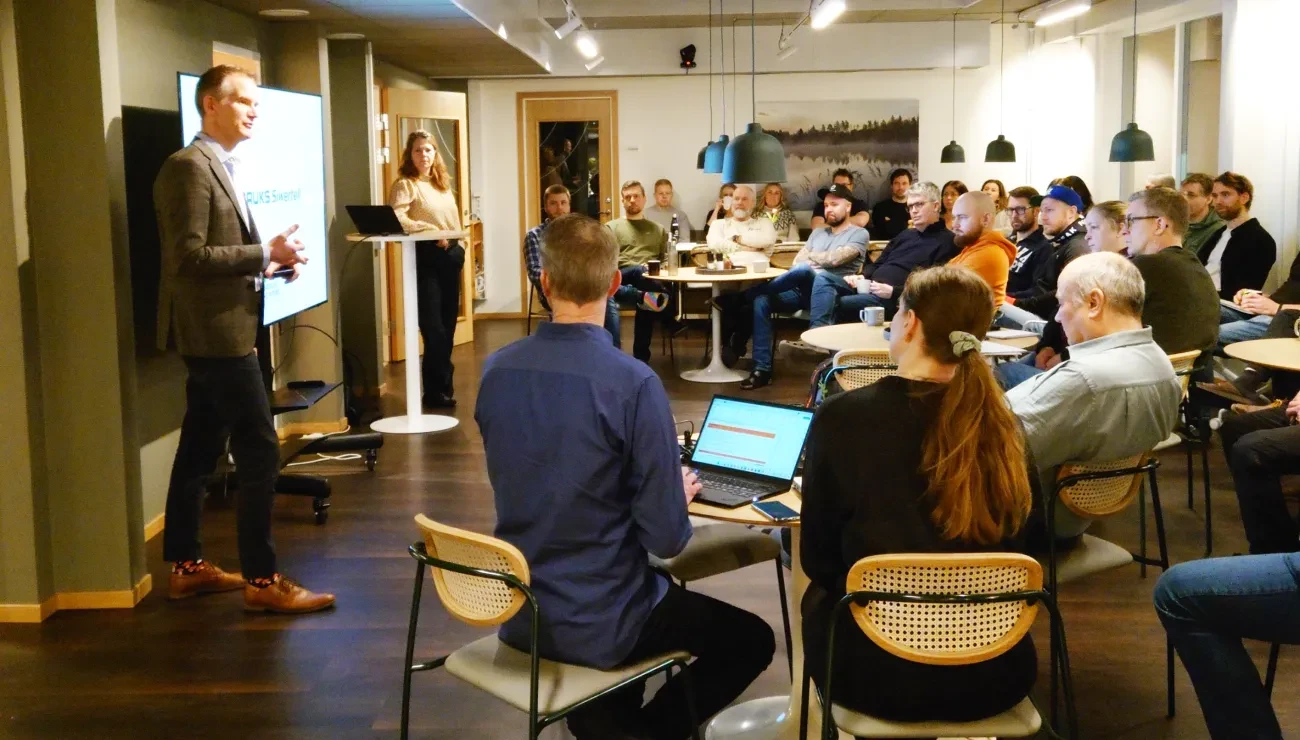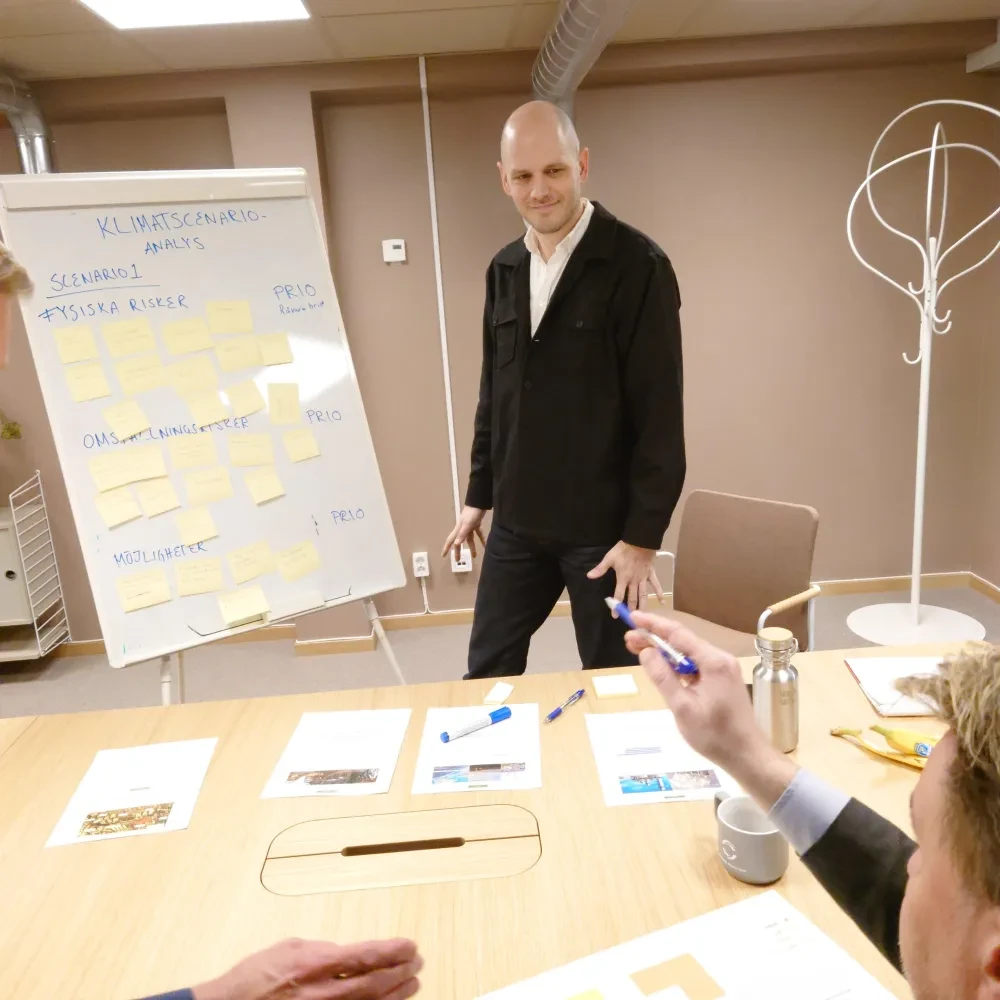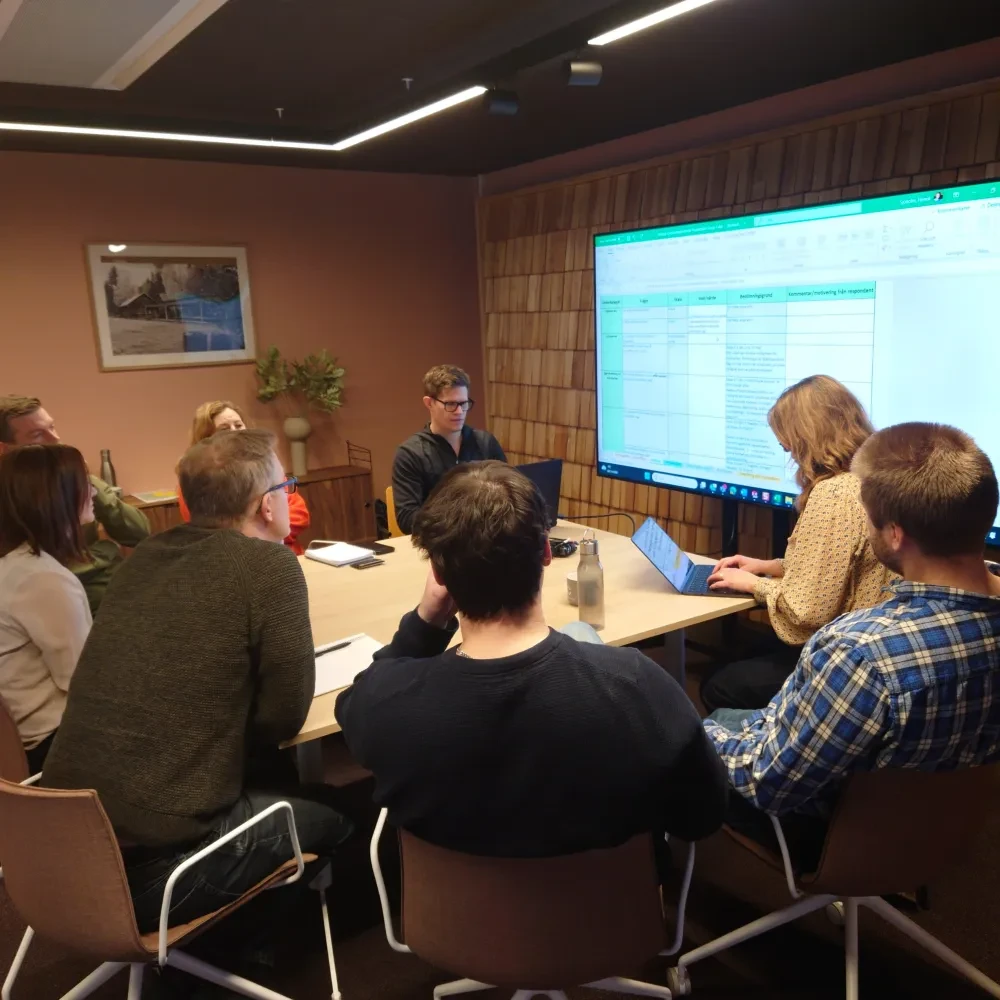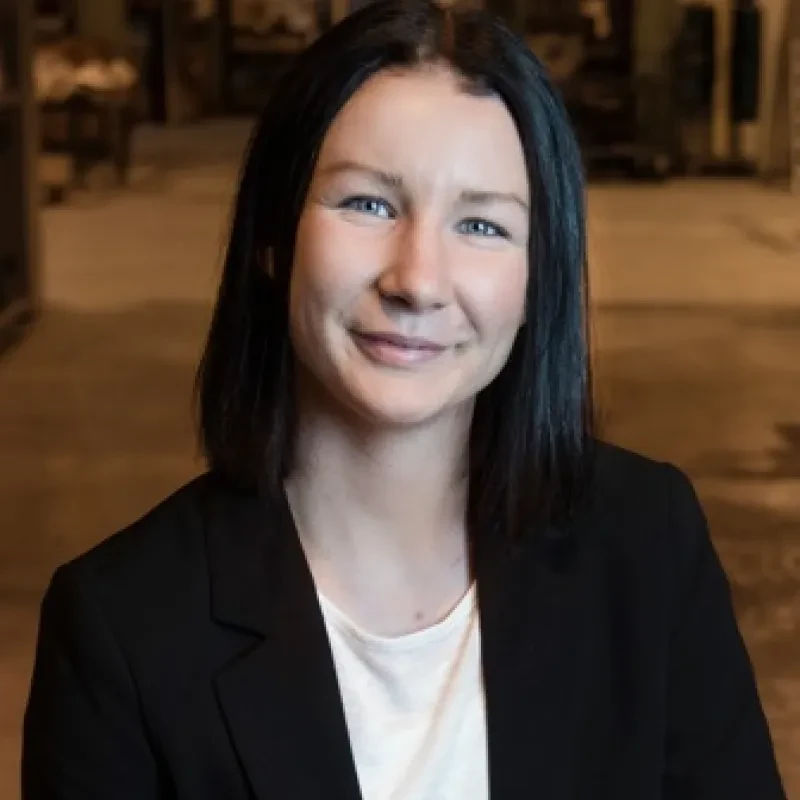
Embedded sustainability frameworks lower long-term carbon demands
- Sustainability initiative
Sustainability goal: environmental
In line with Bruks Siwertell Group’s 2030 ambition to halve its CO2 emissions by 2030 and set the sustainability standard within the industries it serves, innovative design and environmentally conscious product development are central to its success.
Bruks Siwertell Group company, Bruks AB, based in Arbrå, Sweden, is focusing on a pilot initiative that to aims to reduce its long-term CO2 footprint across equipment lifecycles through product development. The goal is to ensure that sustainability becomes a natural part of engineering practice, guiding every design choice and technical improvement.
It aims to directly support Bruks Siwertell Group’s objective of achieving substantial carbon reductions across its operations and products, and contributes to a more circular, resource-efficient approach to industrial manufacturing and engineering.

Solution and results
Throughout 2025, the Arbrå business unit has been establishing a systematic framework for embedding sustainability criteria within its engineering process. By doing so, each new or improved product design will be evaluated not only for technical performance but also for its environmental impact.
“Integrating sustainability into our engineering process is both a challenge and an opportunity,” says Jenny Öhman, Manager, Engineering, Bruks AB. “It is about changing how we think and design from the start, not as an add-on, but as a natural part of product development. Through this pilot initiative, we are laying the foundation for products that are better for both our customers and the environment.”
The initiative began in early 2025 with a two-day sustainability event, featuring workshops and training sessions on circularity, scenario analysis, and sustainable product design. These sessions engaged both engineers and other personnel, helping to develop a shared understanding of how environmental considerations can drive innovation and competitiveness.
Following this, the engineering team worked collaboratively to establish a structured framework integrating sustainability into the product development process. Through smaller working groups and team-wide workshops, engineers developed concrete sustainability criteria and general guidelines to be applied in future projects. The process was, and still is, dynamic and educational, emphasizing the need for open dialogue, cross-departmental collaboration and continuous learning.
By the end of 2025, the first phase of the new engineering process, with embedded sustainability guidelines, will be ready for implementation across the site. “This represents a major step forward in formalizing sustainability as a core engineering principle,” highlights Öhman.

“Our technology is already at the heart of the sustainability value chain,” continues Christian Ehn, Manager Mobile Chippers, Bruks AB. “Take mobile chippers, for example: the demand for renewable energy solutions is growing and our mobile chippers have become an increasingly vital part of bioenergy supply chains. When we take this further and integrate environmental thinking into product design, we strengthen our competitiveness and demonstrate how sustainability can create real business value as well as environmental gain.”
Although measurable results will come in future product cycles, the initiative has already increased awareness, collaboration, and commitment to sustainable design within the engineering team. The framework, with minor modifications, has strong potential to be scaled across other parts of the business, offering a replicable model for integrating sustainability into technical development across the Group.
Monitoring and assessing sustainability milestones and achievements
Bruks Siwertell Group’s sustainability goals are assessed from an environmental, social, and governance (ESG) perspective, with each initiative falling into one or more of these categories. This is to clarify how different initiatives impact our overall sustainability work, and how their results can be used to maximum effect. It also contributes to our commitment to transparency. All aspects of our sustainability work are designed to be educational, so that we increase our knowledge and adjust our ambitions accordingly.
PLEASE CONTACT US FOR MORE INFORMATION

 Bruks-Siwertell
Bruks-Siwertell